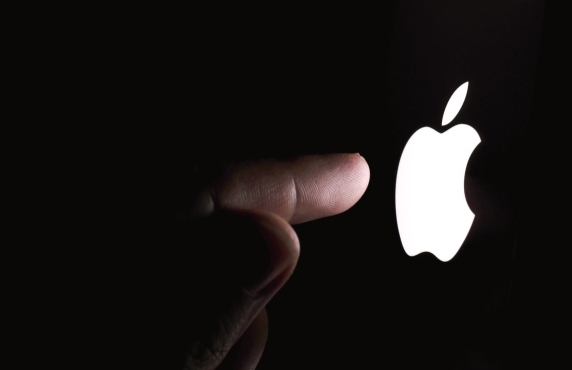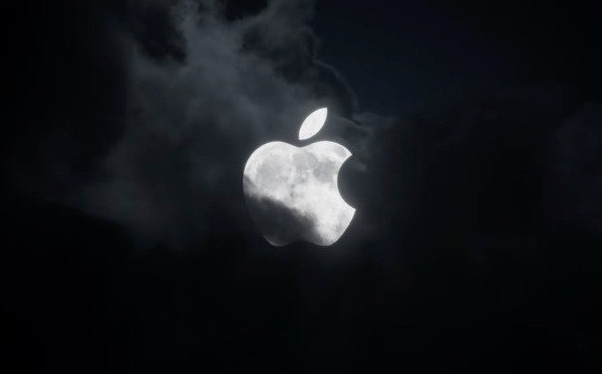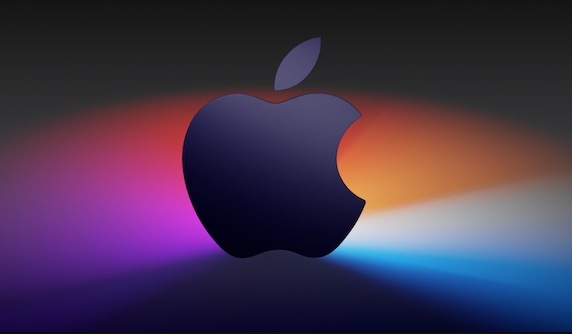When encountering kernel panic problems on Mac, most of them are system or software problems rather than hardware corruption, you can try the following methods to troubleshoot: 1. Uninstall recently installed third-party software and disconnect external devices; 2. Enter safe mode to test stability; 3. Check macOS and firmware updates; 4. Run Apple support diagnostic tools; 5. Reset NVRAM or PRAM; 6. Use disk tools to repair permissions and rebuild cache. If the above steps are invalid, it may be a hardware failure and need to be sent for repair detection.

It is really annoying to encounter kernel panic on your Mac, especially if you suddenly pop up black screen or an English error message, interrupting your work. Although it seems scary, it is not hardware damage in most cases, but something is wrong at the system or software level. Below I will tell you some practical methods to help you troubleshoot and solve this problem.

Check for recently installed software or drivers
Kernel panic is sometimes caused by incompatibility of third-party software or drivers, especially those programs that require access to the underlying system permissions, such as antivirus software, virtual machine tools, or peripheral drivers.
- Uninstall recently installed software : especially security, system optimization or virtual machine-related tools.
- Disconnect the external device and restart : including USB drive, printer, external hard disk, etc., and exclude whether it is caused by a certain device one by one.
- Enter safe mode test : When powering on, press and hold the power key until the boot option interface appears, then hold the Shift key and click "Continue" to enter safe mode to see if it will crash.
Update macOS and firmware
System versions that are too old or not installed with the latest patches can also cause instability.

- Check system updates : Go to "System Settings" → "General" → "Software Update" to make sure macOS is the latest version.
- Run Apple Support Diagnostics Tool : If you are not sure if it is a hardware problem, you can download the Apple Diagnostics tool for detection.
- Reset NVRAM or PRAM : Press the power button after shutting down, then immediately hold down the Option Command PR four keys for about 20 seconds, and then release it.
Repair disk permissions and rebuild cache
Corrupted system files or caches of macOS can also cause kernel panic, especially after forced shutdown or unexpected power outages.
- Use Disk Utility to repair disk permissions :
- Enter recovery mode (Shut down → Press and hold Command R until you see the Apple logo)
- Open Disk Utility → Select Startup Disk → Click First Aid
- Rebuild cache : You can run
sudo touch /Volumes/Macintosh\ HD/System/Library/Extensions && sudo kextcache -u /Volumes/Macintosh\ HD(the path is adjusted according to your actual system disk)
Basically these common ways of dealing with it. If you have tried all the above methods but still can't work, it may be a hardware problem, such as poor memory stick contact or motherboard failure. At this time, it is recommended to go to the Apple Store or an authorized repair site for a comprehensive inspection.

The above is the detailed content of How to fix a kernel panic on Mac. For more information, please follow other related articles on the PHP Chinese website!

Hot AI Tools

Undress AI Tool
Undress images for free

Undresser.AI Undress
AI-powered app for creating realistic nude photos

AI Clothes Remover
Online AI tool for removing clothes from photos.

Clothoff.io
AI clothes remover

Video Face Swap
Swap faces in any video effortlessly with our completely free AI face swap tool!

Hot Article

Hot Tools

Notepad++7.3.1
Easy-to-use and free code editor

SublimeText3 Chinese version
Chinese version, very easy to use

Zend Studio 13.0.1
Powerful PHP integrated development environment

Dreamweaver CS6
Visual web development tools

SublimeText3 Mac version
God-level code editing software (SublimeText3)

Hot Topics
 Can I Show the Dock on All Screens on Mac? Using Dock on Different Displays in macOS
Jul 03, 2025 am 09:30 AM
Can I Show the Dock on All Screens on Mac? Using Dock on Different Displays in macOS
Jul 03, 2025 am 09:30 AM
If you're using a Mac with multiple monitors, you might be curious about how to display the Dock on all screens or whether it's possible to add a Dock to secondary displays.The good news is that you can configure the Dock to appear on any screen conn
 How to Remove Old Devices from Apple ID on Mac
Jul 07, 2025 am 09:08 AM
How to Remove Old Devices from Apple ID on Mac
Jul 07, 2025 am 09:08 AM
If you've owned multiple Apple devices over the years, you might find yourself in a situation where some of those older Macs, iPhones, iPads, or other Apple hardware have been sold, given away, or traded. No matter how they left your possession, it's
 How to Play Fortnite on Mac with FnMacAssistant & Sideloadly
Jul 05, 2025 am 09:21 AM
How to Play Fortnite on Mac with FnMacAssistant & Sideloadly
Jul 05, 2025 am 09:21 AM
Fortnite is once again available for iPhone and iPad users, bringing joy to many gamers. However, there's still no official version for Mac (at least not yet). Despite that, Apple Silicon Mac owners aren’t completely out of luck—you can run the iOS/i
 How to Enable iCloud Private Relay on Mac
Jul 05, 2025 am 09:36 AM
How to Enable iCloud Private Relay on Mac
Jul 05, 2025 am 09:36 AM
iCloud Private Relay is an excellent privacy feature included with the iCloud subscription, designed to safeguard your online activity and browsing by masking your IP address (using a temporary one) and encrypting DNS lookups. This prevents third pa
 How to Allow Apps During Downtime on Mac
Jul 04, 2025 am 09:03 AM
How to Allow Apps During Downtime on Mac
Jul 04, 2025 am 09:03 AM
Are you using Screen Time to manage your or your child’s Mac usage? If yes, you likely already know that it allows you to set app limits, schedule downtime on the Mac, and more. Additionally, you can also choose specific apps that remain accessible a
 How to Make MacOS Sequoia Feel Faster: Tips to Speed Up Slow MacOS
Jul 05, 2025 am 09:28 AM
How to Make MacOS Sequoia Feel Faster: Tips to Speed Up Slow MacOS
Jul 05, 2025 am 09:28 AM
macOS Sequoia is a solid operating system that brings some impressive features like iPhone Mirroring, and while performance is excellent for many users, not everyone experiences the same level of speed. If you're finding macOS Sequoia slower than pre
 How to See All Links Shared in Messages on iPhone & iPad
Jul 05, 2025 am 09:31 AM
How to See All Links Shared in Messages on iPhone & iPad
Jul 05, 2025 am 09:31 AM
If you frequently use iMessage, then you've likely shared numerous web links in your chats — maybe an article, a video, a tweet, a song, or anything else. Locating these links later can be quite frustrating, but thankfully there's a simpler method th
 Create a MacOS Tahoe 26 Beta VM with Three Commands in Terminal Using tart
Jul 06, 2025 am 09:28 AM
Create a MacOS Tahoe 26 Beta VM with Three Commands in Terminal Using tart
Jul 06, 2025 am 09:28 AM
Advanced Mac users familiar with the command line can swiftly set up a MacOS Tahoe 26 beta virtual machine by entering a few commands into Terminal, using tart. Tart is a command-line utility for managing virtual machines and offers one of the quicke






